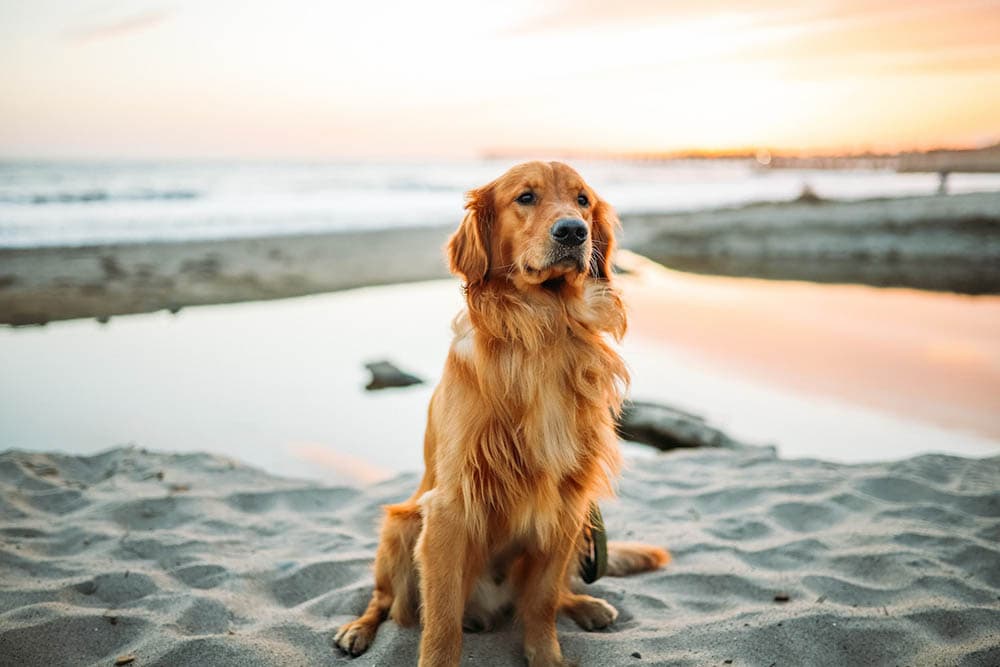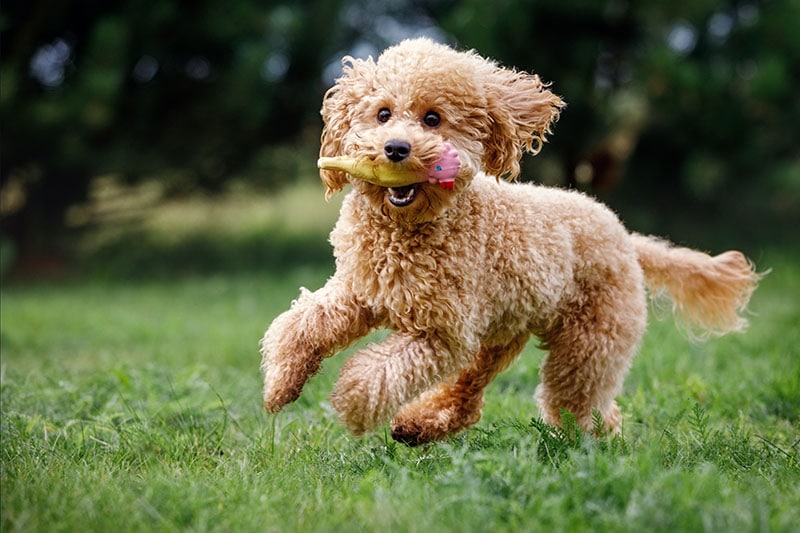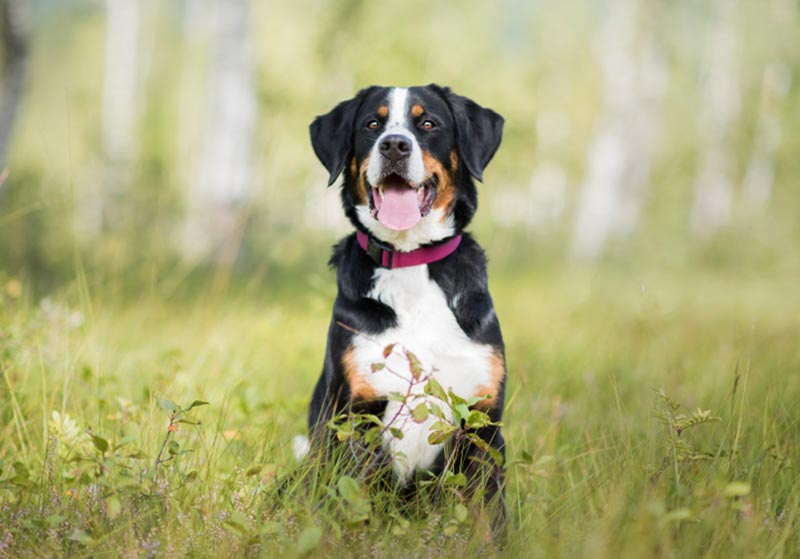How Many Hours Does a Dog Sleep? Plus 4 Tips To Help Them Rest

Updated on
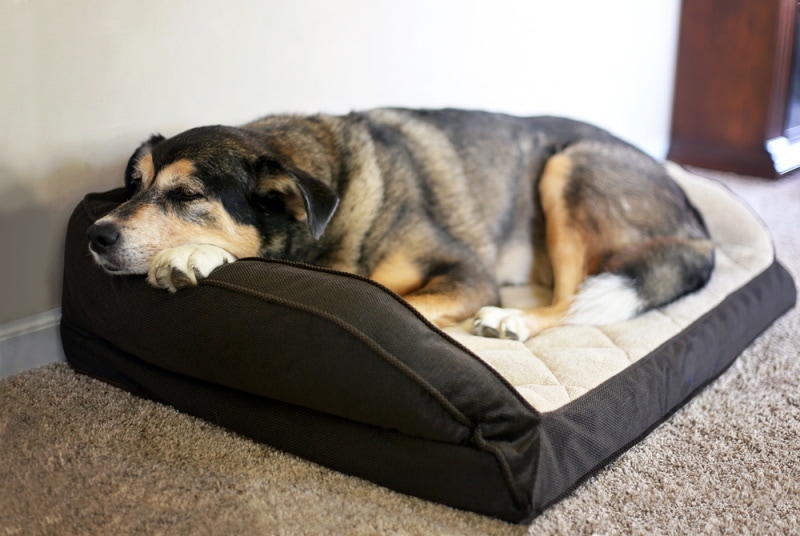
Dogs need a lot of sleep in order to recharge and reset their energy levels. And, unlike humans who typically get all of their sleep in one long stretch over the course of the night, dogs will spread their sleep out over a 24-hour period, taking long naps of several hours at a time. The actual amount of time that a dog sleeps depends on factors like its breed, age, and activity level, but most dogs will sleep between 12 and 14 hours a day, with some large breeds and young puppies sleeping as long as 18 hours a day.
How Long Do Dogs Sleep Each Day?
Most dogs sleep for about half the day, so 12 hours in every 24, but they don’t get all of this sleep in one long stretch. Rather, they will sleep for a few hours before getting up and moving around, eating, getting exercise, or performing other tasks. They will then sleep for another few hours, and so on.
Large dog breeds naturally expend more energy when they move around, which means that they need more sleep to be able to recharge their energy levels. You can expect some large breeds to sleep between 16 and 18 hours every 24 hours.
And, while puppies may seem highly active and like they have boundless energy when they’re awake, their exploration and growth really take it out of them. Most puppies will sleep about 18 hours a day.
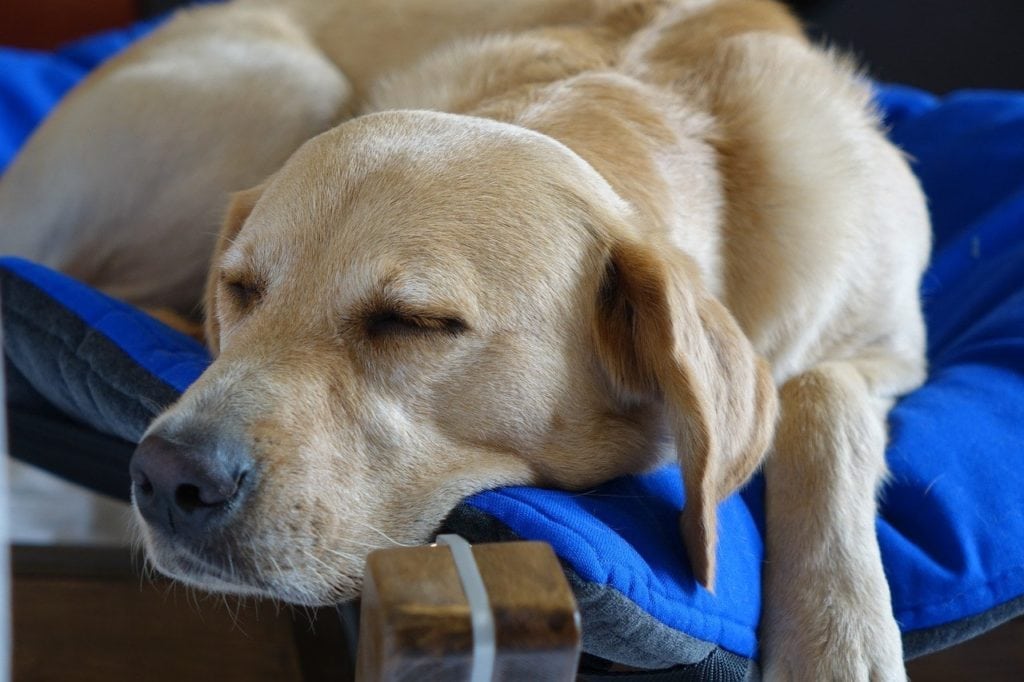
Why Do Dogs Need So Much Sleep?
Sleep helps dogs in many different ways, just as it does humans. It helps their brain develop, improving memory and even enhancing their capacity to learn. Sleep also supports the immune system, so it can help prevent dogs from getting ill or developing illnesses. It also helps the body recover, giving muscles time to relax and rebuild.
A dog’s body naturally sleeps when it needs to, rather than living by alarms. Therefore, if your dog sleeps 15 hours a day, it is doing so because it needs to.
The 4 Tips to Help Your Dog Sleep at Night
Dogs will sleep when they need to, but it is possible to encourage them to sleep at night, rather than run around the house keeping you and the rest of the family awake. The following tips might help you and your canine companion get a better night’s sleep:
1. Establish a Routine
By having a routine, your dog will start to recognize when it is time to go to bed and sleep. This means giving dinner, going for an evening walk, and getting yourself ready for bed at a similar time every evening. It isn’t always possible to keep to the exact schedule, especially at weekends, but the closer you can stick to the same schedule, the greater the chance your dog will follow the routine as well.
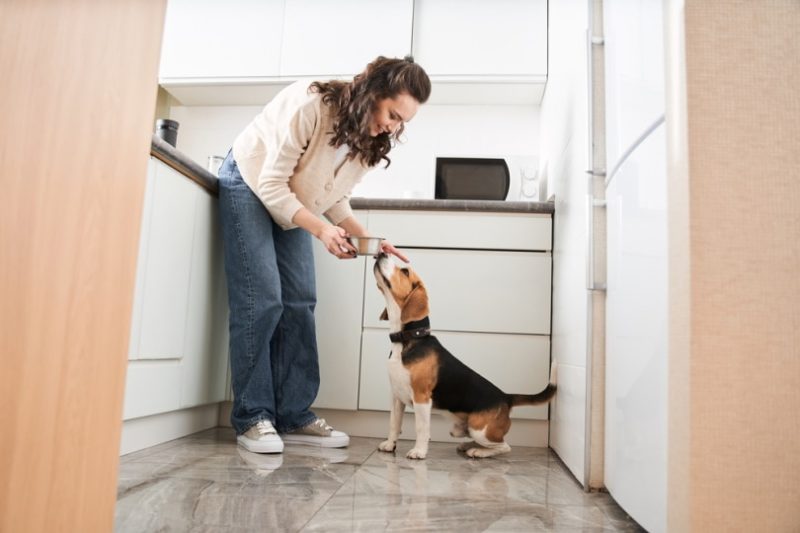
2. Exercise, Exercise, Exercise
Dogs naturally sleep to recharge when they’re worn out, which means tiring your dog out can help them get to sleep. Try to break your dog’s daily exercise into two or more slots and give the last walk of the day a couple of hours before bedtime so that they should still be worn out enough to sleep through the night.
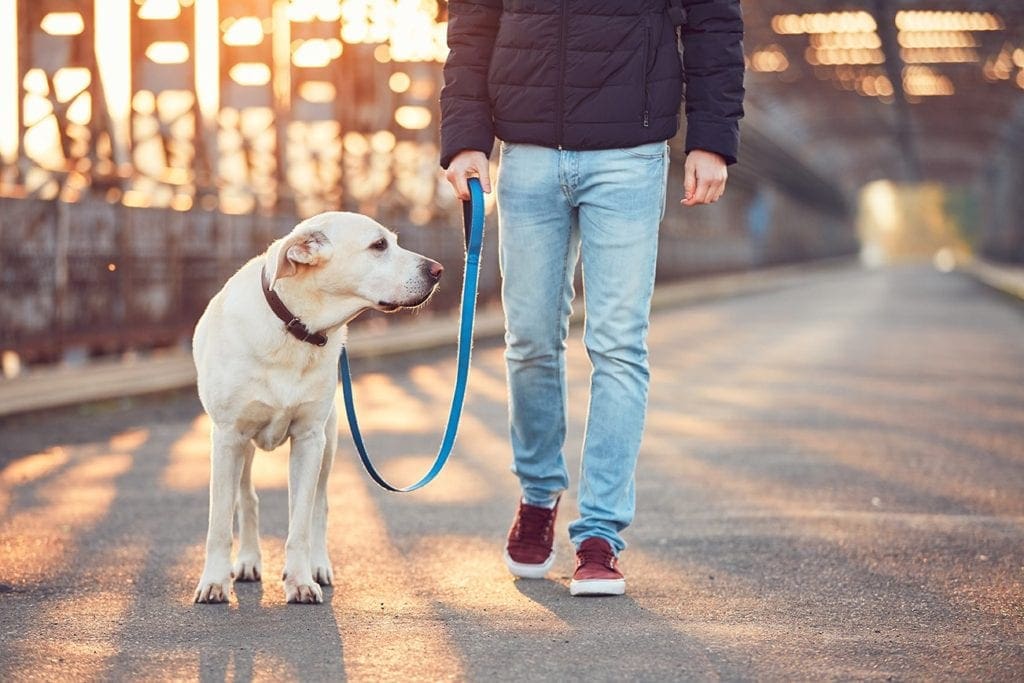
3. Proper Bed Placement
If your dog is regularly waking up in the middle of the night, it could be because of bed placement. Your dog’s bed needs to be away from noise and lights, so if you have family members who stay up later in their rooms, put the bed away from that room. Similarly, if your dog is waking up early in the morning, it could be that they’re being woken by activity outside so place the bed somewhere away from windows and external doors.

4. Consider Getting a Crate
Some dogs benefit from having a dog crate. The crate keeps your dog in one location while giving it a sense of security that can encourage unbroken slumber for all of you. You still need to ensure that it is placed in an appropriate position, and the crate itself should be an appropriate size and comfortable enough for your dog.
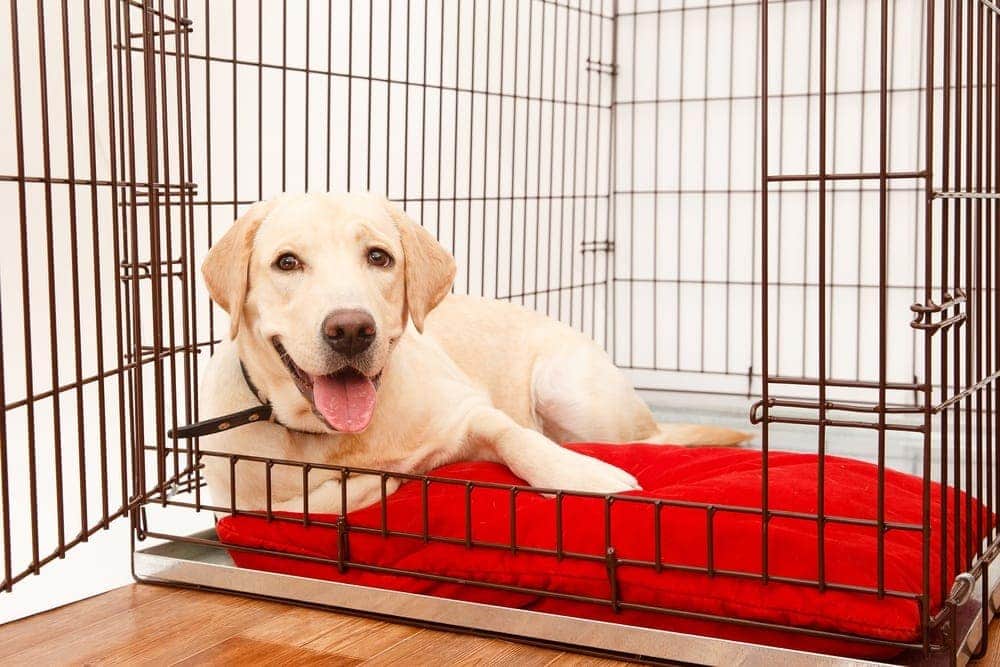
Conclusion
Dogs need a lot of sleep, and they will usually get it over 24 hours in several stretches, rather than enjoying one long 14-hour sleep. Dogs sleep for similar reasons to people, but because they have different activity levels and different requirements to people, they do tend to sleep longer.
Expect an adult dog to sleep between 12 and 14 hours, potentially up to 18 hours for giant breeds that need the extra time. Puppies also need more sleep, and they will sleep around 18 hours every 24 hours, too. Although you shouldn’t prevent your dog from getting the sleep it needs, it is possible to encourage a sleeping pattern and routine that fits into your schedule: that way, you can all enjoy a good night’s rest.
Featured Image Credit: Christin Lola, Shutterstock


